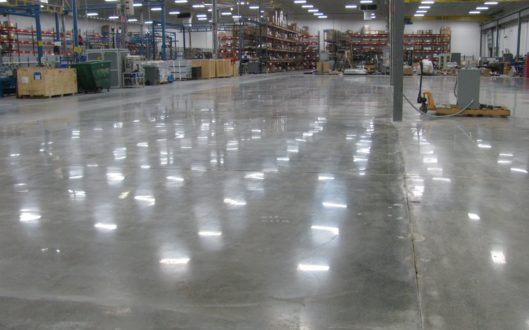Common Problems with Hospital Flooring and How to Prevent Them
Also read about, How to Choose the Perfect Commercial Resin Flooring for Your Business
In the stores, you will find a wide variety of commercial flooring that will be suitable for hospital flooring needs. For instance, you may choose epoxy flooring material which is in demand for different commercial properties. In many healthcare centers and hospitals in FL or Florida, you will find epoxy flooring that gives a good finish, shine, durability, and hygiene as well. Moreover, epoxy flooring does not allow growing bacteria to make flooring dry and slip-resistant. If you are looking for premium epoxy flooring for hospitals, you may contact to the top-notch epoxy flooring supplier in FL. They will provide you with high-grade epoxy flooring that are perfect for flooring needs in hospitals and other commercial properties.
Here are some common problems seen with most hospital flooring and their prevention are as follows:
1. Bacteria Growth under the Floor
The hospital floor needs a good cle aning every
time. But, the problem arises, when bacteria starts growing under the floor. This can be the result of poor installation of hospital flooring that
allows moisture and bacteria to grow under the surface. To prevent the growth
of bacteria under the floor, you should install durable hospital flooring and
fill the gaps well. To restrict bacterial growth under
the floor, you should choose quality hospital flooring materials such as
luxury vinyl tiles, epoxy flooring, and sheet vinyl. You should do right
installation of any of those flooring materials and ensure that they hold
durability.
2. Problems with Cove Base
In most hospitals or healthcare centers, the
cove base gets fixed with glue. When the glue gets dried or loose, it allows
moisture or fluid to enter the flooring. Thus, it
will create the same situation of losing the strength of hospital flooring and
lead to chances to grow bacteria and damaging of the surface. To avoid this situation, you should do proper repairing
of the cove base or glue it again with quality adhesive.
3. Issued with Transition Strip
In hospitals, transition strips can give
some issues with moving objects like rolling poles, wheelchairs, gurneys, and
more. These items can halt with transition strips and may lead
to slipping and other issues with flooring. To get rid of transition
strip issues, you may replace them with t-caps made of aluminum material. These
t-caps are ideal choices for hospital flooring and restrict issues with
transition strips.
Thus, above are some vital problems with hospital
flooring and the preventive measures that you can use to avoid any health
and hygiene hazards at hospitals. For quality hospital
flooring, you may contact “Sealwell
INC”, which has a stock of the best commercial
flooring materials for all industries. For details, you should visit www.sealwellinc.com
Also read about, 5 Flooring Considerations for Food & Beverage Facilities
Ultimate Guide to Safety Line Markings in Warehouse
REFERENCE URL: https://bit.ly/3IxBNw0




Comments
Post a Comment